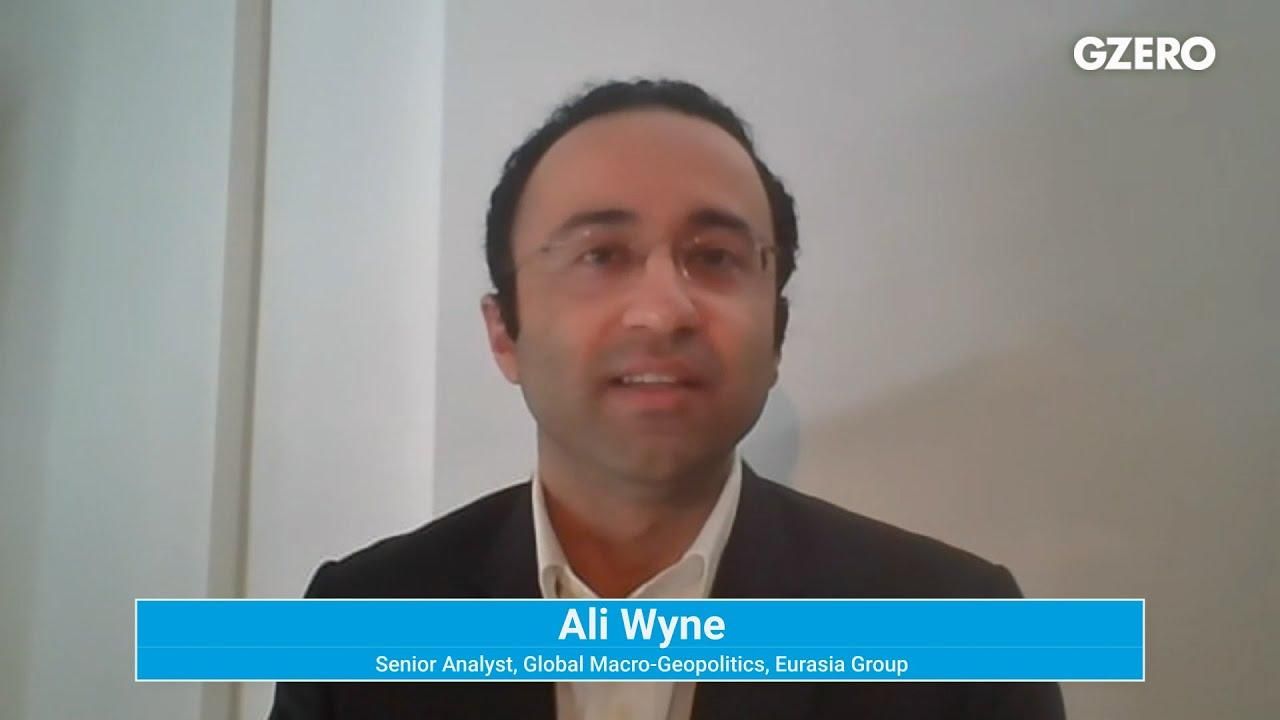
Political Unrest When Governments Fail Struggling Citizens | Economic Empowerment | GZERO Media
What happens when 1.4 billion people are cut off from the global economy because they don't have a bank account at a time of mounting crises?
"The geopolitical ramifications are potentially huge," Ali Wyne, senior analyst for Global Macro-Geopolitics at Eurasia Group, says during a livestream conversation on closing the global digital gap hosted by GZERO in partnership with Visa.
First, it was COVID. Then came the twin blows of the food and energy crises, aggravated by Russia's war in Ukraine. When people are struggling, Wyne adds, they'll look to their governments for solutions.
"And if they feel that they're not getting satisfactory answers," he warns, "we can't understate the potential for significant political unrest."